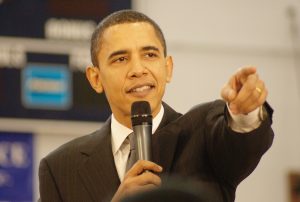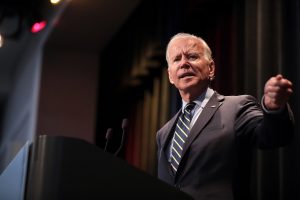[ad_1]
“Within the Nineteen Nineties and early 2000s, it regarded like I used to be forward, however after Sept. 11, folks began arguing he was proper,” he stated. “However I don’t assume it’s conclusive that I’m going to lose.”
Liberal democracy, he believes, isn’t simply an unintentional, culturally contingent byproduct of a specific historic second, as a few of his critics have argued. “I do consider there’s an arc of historical past, and it bends towards some type of justice,” he stated.
In his new ebook, launched on Tuesday by Farrar, Straus and Giroux, Fukuyama argues that liberalism is threatened not by a rival ideology, however by “absolutized” variations of its personal rules. On the best, the promoters of neoliberal economics have turned the best of particular person autonomy and the free market into a faith, warping the economic system and resulting in harmful systemic instability. And on the left, he argues, progressives have deserted particular person autonomy and free speech in favor of claims of group rights that threaten nationwide cohesion.
“The reply to those discontents,” he writes, “isn’t to desert liberalism, however to reasonable it.”
Fukuyama stated that Eric Chinski, his editor at Farrar, Straus, pushed him to have interaction with essentially the most considerate critics of race-blind liberal individualism, just like the Black thinker Charles W. Mills, quite than the newest media-driven outrage stoked by anti-critical race idea activists.
He might disagree with them, however many crucial race theorists within the academy, Fukuyama stated, “are making critical arguments” in response to liberalism’s historic, and persevering with, failure to completely lengthen equal rights to all.
He’s extra scathing in regards to the “postliberal” intellectuals of the American proper, with their admiration for Hungary’s Viktor Orban, just like the authorized scholar Adrian Vermeule (whom he describes as having “flirted with the concept of overtly authoritarian authorities”) and the political scientist Patrick Deneen.
[ad_2]








Leave a Reply